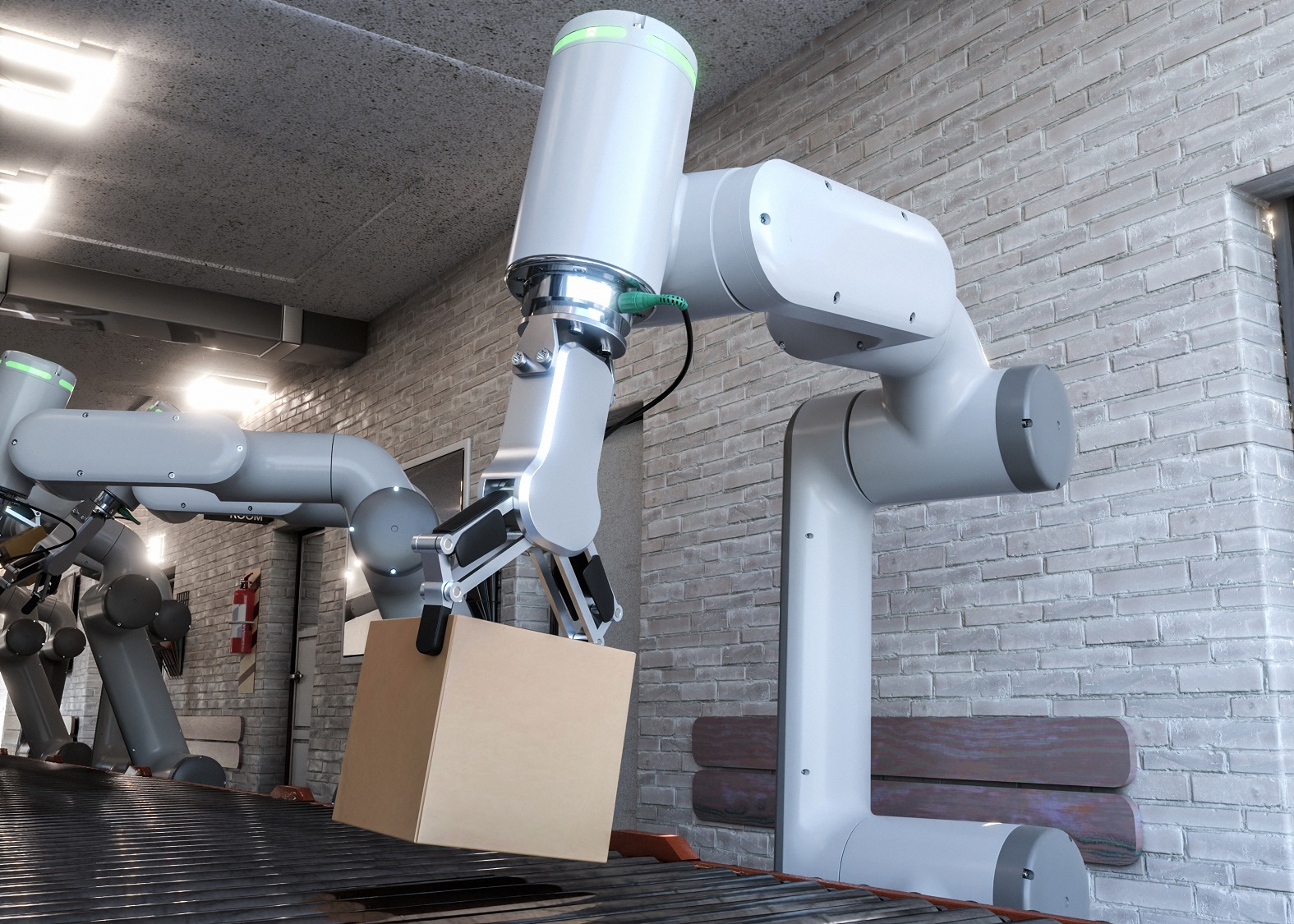Internet of Things (IoT), Industry 4.0, and 5G are technologies that contribute to the acceleration and improvement of production processes in various industries.
Data collection and processing form the foundation of the Industry 4.0 concept, which involves using computer technologies to enhance operations. For example, computers and equipment can exchange information and make decisions autonomously, making production more flexible. Instead of relying solely on human operators and their indicators, machines and computers work together to speed up and simplify manufacturing processes. This helps companies become more successful and competitive.
In turn, 5G provides the necessary communication parameters, high transmission speeds, and low latency for exchanging information between sensors, data processing centers, and users.
The interplay of IoT, 5G, and Industry 4.0 can be summarized as follows:
|
Internet of Things (IoT) |
Industry 4.0 |
5G |
|
|---|---|---|---|
|
Definition |
A network of interconnected physical devices that collect and exchange information over the Internet. |
Integrating digital technologies into industrial processes for automation, exchange and real-time decision making. |
Fifth generation wireless technology with faster transmission, lower latency and higher throughput. |
|
Meaning |
Provides collection, communication and exchange of information between devices. |
Based on IoT for data collection, process optimization and decision making. |
Provides fast, low latency communications for IoT devices and applications. |
|
Main advantages |
Improved connectivity, real-time metrics collection, process optimization. |
Improved automation, predictive maintenance, quality control. |
Faster data transfer, lower latency, increased throughput. |
|
Applications |
Smart home, healthcare, transport, agriculture, etc. |
Smart factories, logistics, supply chain management. |
Mission-critical applications, autonomous vehicles, smart cities. |
|
Synergy |
IoT enables Industry 4.0 principles by enabling connectivity and data sharing. |
Industry 4.0 uses IoT information for automation and optimization. |
5G improves IoT connectivity by enabling real-time processing and communication. |
|
Influence |
Revolutionizes various industries, improves efficiency, productivity and decision making. |
Transforms production processes, allows you to create smart factories. |
Allows the use of advanced IoT solutions and supports real-time applications. |
How does it work in practice?
Mercedes-Benz Cars factory has implemented a digital production management system called Factory 56. It consists of various components such as robots for welding, assembly, painting, and handling tasks, as well as automated guided vehicles (AGVs) for material transportation within the production area.
IoT sensors gather data on production processes, equipment status, and energy consumption. This real-time information is analyzed to make decisions regarding equipment maintenance, energy reduction, inventory replenishment, asset tracking, and more. Digital production management systems integrate and coordinate all production operations for planning and process control.
What tasks does the created system solve?
|
Task |
Actions |
Result |
|---|---|---|
|
Equipment monitoring |
Using IoT devices to collect data on equipment operating parameters. |
Optimization of time and material costs for equipment maintenance. |
|
Inventory Management |
Use of sensors and RFID tags to track inventory of materials and components. |
Reducing the need for materials and components, accelerating their turnover. |
|
Asset Tracking |
Using IoT devices to track the location of assets using RFID tags or GPS trackers. |
Quickly locate assets. |
|
Energy management |
Using smart meters and sensors to monitor energy consumption and identify inefficiencies. |
Reduced energy costs. |
|
Quality control |
Use of IoT devices to collect data on product quality and detect defects. |
Detecting defects in the production process, reducing the number of defective products. |
|
Safety and security |
Using cameras, motion sensors and access control systems to ensure security. |
Preventing unauthorized access to confidential data. |
Implementing these technologies in practice leads to positive changes in various industries. The application of IoT, Industry 4.0, and 5G in manufacturing environments such as smart factories streamlines the production process, improves quality control, optimizes resource utilization, and reduces operational costs.
Epol Soft develops software solutions for telecommunications и Internet of Things. For more detailed information, please see the rest of our website.

